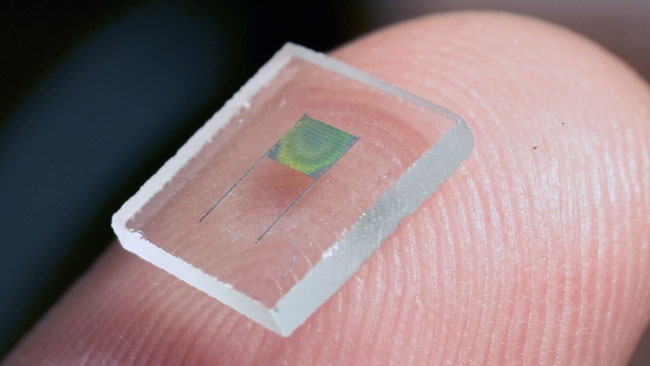A team of researchers from the Drexel Nanomaterials Institute are among eight teams to win Phase 1 of the Department of Energy’s Microbattery Design Prize competition.
According to the competition website, the prize is “designed to advance innovative new designs for microbatteries and accelerate their commercialization and integration into existing technologies needed for clean energy manufacturing, like sensors for improved smart manufacturing processes or for grid monitoring to help more renewable energy sources come onto the grid.” The competition consists of two phases. In Phase 1, microbattery designs are evaluated on their application and ability to perform beyond what is currently commercially available. The Phase 1 winning teams are each awarded a cash prize of $75,000.

Distinguished University and Bach Professor Yury Gogotsi, research associate John Wang, and PhD students Sokhna Dieng, Alex Inman, and Kyle Matthews successfully advanced through Phase 1 with their design for printed lithium-ion microbatteries for hearing aids, with MXenes serving as a printed current collector and combination binder/conductive additive for the anode and cathode. This microbattery would be printed directly inside the shell of the hearing aid itself. The team provides details of the design in a video posted to the competition website. Their design could provide the over 1.5 billion people worldwide who experience hearing loss with smaller and lighter hearing aid devices which can charge faster and last longer.
In Phase 2 of the competition, teams are given access to DOE national laboratories to test the performance and safety of their design prototypes. They then submit technical data from this testing along with business plans, techno-economic analyses, and any support letters from potential commercial partners. At the end of Phase 2, one winning team will receive $300,000, and up to two runners up will receive $175,000 each in cash.